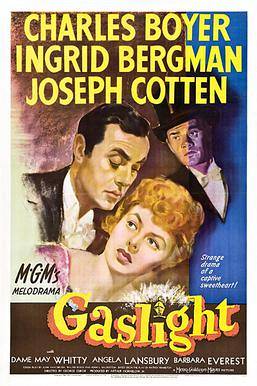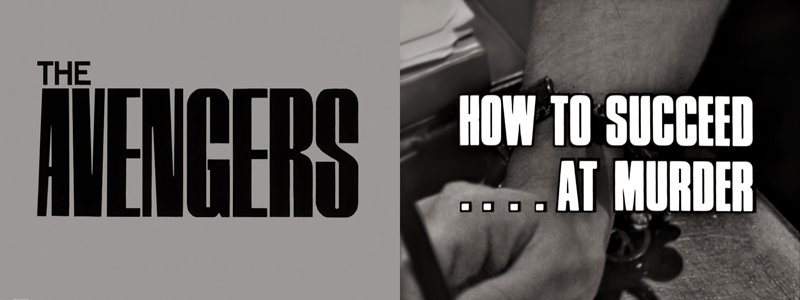The entire political and cultural trajectory of the decades following World War II in the U.S. was a movement away from the repressions of the Cold War standoff with the Soviet Union, when the House Un-American Activities Committee of the U.S. House of Representatives searched for signs of Communist subversion in every area of American life. A conspicuous target was the Hollywood film industry, where many liberals had indeed been drawn to the Communist Party in the 1930s, before the atrocities of the Stalinist regime were known. To fend off further federal investigation, the major studios blacklisted many actors, screenwriters, and directors, some of whom, like a favorite director of mine, Joseph Losey, fled the country to find work in Europe. Pete Seeger, the leader of the politicized folk music movement whose roots were in the social activism of Appalachian coal-miners in the 1930s, was banned from performing on network TV in the U.S. in the 1950s and ‘60s.
There were sporadic landmark victories for free speech in the literary realm. In 1957, local police raided the City Lights Bookshop in San Francisco and arrested the manager and owner, Beat poet Lawrence Ferlinghetti, for selling an obscene book, Allen Ginsberg’s epic protest poem, Howl. After a long, highly publicized trial, Howl was declared not obscene, and the charges were dropped. The Grove Press publishing house, owned by Barney Rosset, played a heroic role in the battle against censorship in the U.S. In 1953, Grove Press began publishing affordable, accessible paperbacks of the voluminous banned works of the Marquis de Sade, a major thinker about sex and society at the close of the Enlightenment. In 1959, the Grove Press edition of D.H. Lawrence’s 1928 novel, Lady Chatterly’s Lover, then banned in the U.S., was confiscated as obscene by the U.S. Postal Service. Rosset sued and won the case on federal appeal. In 1961, the publication by Grove Press of another banned book, Henry Miller’s 1934 novel, Tropic of Cancer, led to 60 obscenity trials in the U.S. until in 1964 it was declared not obscene and its publication permitted.
One of the supreme symbols of newly militant free speech was Lenny Bruce, who with Mort Sahl transformed stand-up comedy from its innocuous vaudevillian roots into a medium of biting social and political commentary. Bruce’s flaunting of profanity and scatology in his improvisational onstage act led to his arrest for obscenity in San Francisco in 1961, in Chicago in 1962, and in New York in 1964, where he and Howard Solomon, owner of the Café Au Go Go in Greenwich Village, were found guilty of obscenity and sentenced to jail. Two years later, while his conviction was still under appeal, Bruce died of a drug overdose at age 40.
This steady liberalizing trend was given huge impetus by the sexual revolution, which was launched in 1959 by the marketing of the first birth control pill. In Hollywood, the puritanical studio production code, which had been adopted in the early 1930s under pressure from conservative groups like the Legion of Decency and the United States Conference of Catholic Bishops, was gradually breaking down and was finally abandoned by the late 1960s. The new standard of sexual expression was defined by European art films, with their sophisticated scripts and frank nudity. Pop music pushed against community norms: in 1956, Elvis Presley’s hip-swiveling gyrations were cut off by the TV camera as too sexual for the Ed Sullivan Show, which was then a national institution. As late as 1967, the Ed Sullivan Show was trying to censor the song lyrics of major bands like the Doors and the Rolling Stones, who were imitating the sexual explicitness of rural and urban African-American blues. (The Stones capitulated to Sullivan, but the Doors fought back — and were never invited on his show again.) Middle-class college students in the 1960s, including women, began freely using four-letter words that had rarely been heard in polite company, except briefly during the flapper fad of the 1920s. In the early 1970s, women for the first time boldly entered theaters showing pornography and helped make huge hits out of X-rated films like Deep Throat, Behind the Green Door, and The Devil in Miss Jones.
In short, free speech and free expression, no matter how offensive or shocking, were at the heart of the 1960s cultural revolution. Free speech was a primary weapon of the Left against the moralism and conformism of the Right.
Camille Paglia, “The Modern Campus Has Declared War on Free Speech”, Heat Street, 2016-05-09.






